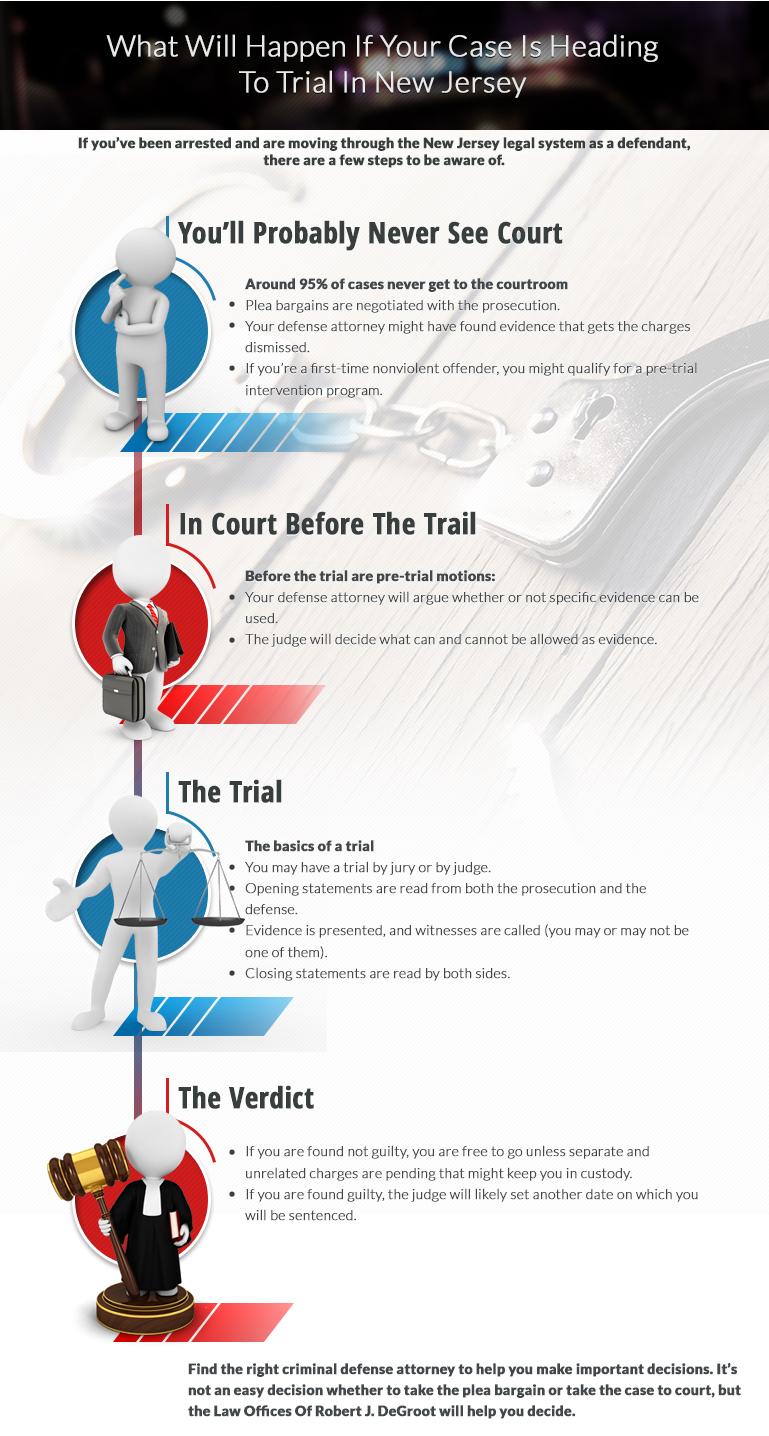Checking Out The Steps Criminal Justice Lawyer Take To Plan For Test
Checking Out The Steps Criminal Justice Lawyer Take To Plan For Test
Blog Article
Write-Up Written By-England Strand
When you consider the preparation that enters into a criminal trial, it's simple to neglect the extensive behind the curtain job lawyers take part in. You'll find that they start by examining the case information and collecting proof, yet it doesn't stop there. They craft strategies based on who's presiding over the case and who's resting on the court. As they navigate the complexities of each test, they additionally have to expect the prosecution's actions. So, what details steps do they require to make certain every little thing aligns completely come test day?
Instance Assessment
When preparing for a test, a complete situation analysis is crucial for any criminal justice lawyer. You'll start by examining the truths of your situation, which establishes the foundation for your technique. Understanding the timeline of occasions, determining key players, and identifying potential weaknesses in the prosecution's debate will help you develop a strong technique.
Next, you'll evaluate any kind of existing legal criteria that might affect your situation. Familiarizing on your own with comparable situations can offer beneficial understandings right into exactly how courts might analyze the legislation. This understanding allows you to expect obstacles and address them proactively.
Additionally, you'll intend to talk to your customer to collect their perspective and ensure their story aligns with the evidence. Reliable communication also aids develop trust fund, which is critical for a strong attorney-client connection.
Finally, consider the ramifications of different outcomes. This analysis not only prepares you for test however likewise allows you to encourage your client on feasible plea deals or alternative resolutions.
Proof Collection
After examining the instance, the next step includes gathering proof that supports your client's protection. This procedure is crucial, as the stamina of your case usually hinges on the quality and relevance of the evidence you collect.
You'll start by identifying potential sources of evidence, which might consist of witness declarations, authorities records, monitoring footage, and forensic data.
Once https://www.opb.org/article/2022/01/28/oregons-chief-justice-asks-lawyers-to-step-up-as-public-defenders/ have actually determined these resources, you'll need to get them lawfully and ethically. This could imply filing requests for records, interviewing witnesses, and collaborating with specialists who can evaluate physical evidence.
Be detailed in your paperwork; every piece of proof ought to be cataloged diligently to ensure you can reference it quickly during test.
It's likewise important to evaluate the evidence for its admissibility. Some products might be compelling however could encounter difficulties in court due to lawful guidelines. You'll intend to expect any kind of objections from the prosecution and prepare counterarguments.
Ultimately, maintain your client notified throughout this procedure. Transparency constructs trust and helps them recognize exactly how each item of proof adds to their protection approach.
This collective strategy lays the structure for a solid instance as you move closer to trial.
Trial Technique Development
Creating a test approach is vital for efficiently presenting your situation in court. You'll intend to start by evaluating the evidence accumulated and determining vital styles that sustain your customer's setting. Think of exactly how to present the truths in an engaging story that resonates with the court.
Next off, consider your audience. You require to tailor your method based on the discretionary's histories, ideas, and values. This understanding can assist exactly how you mount your arguments and pick which proof to highlight.
It's additionally critical to anticipate the prosecution's approach. Identify possible weaknesses in your situation and develop counterarguments to resolve them proactively. Think about what inquiries jurors could have and be prepared with clear, concise responses.
As soon as you've established your core arguments, method providing them with confidence. Mock trials can be useful for refining your discussion design and determining the effectiveness of your method.
Finally, remain versatile throughout the test. Prepare to adjust your strategy as new proof or advancements occur, ensuring you stay concentrated on achieving the very best outcome for your customer.
Conclusion
In preparing for test, you need to remain arranged and positive. By thoroughly assessing the situation, collecting solid proof, and crafting a calculated method, you'll set on your own up for success. Keep in mind, versatility is key; be ready to adapt as the trial proceeds. With efficient communication and technique through mock trials, you'll be fully equipped to respond to any kind of challenges that occur. Eventually, your prep work can make all the distinction in attaining a desirable outcome for your client.
